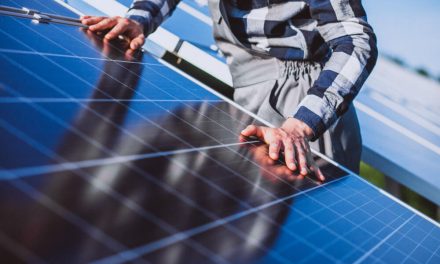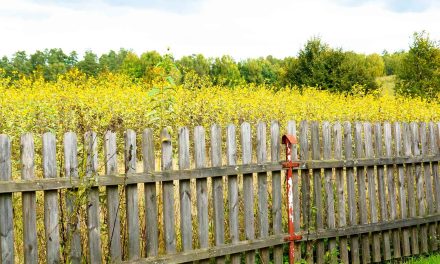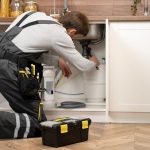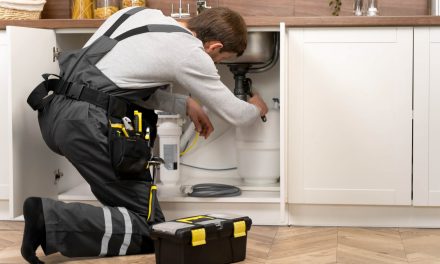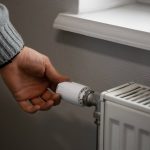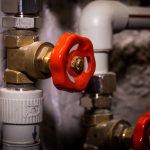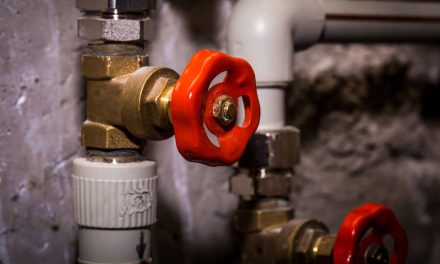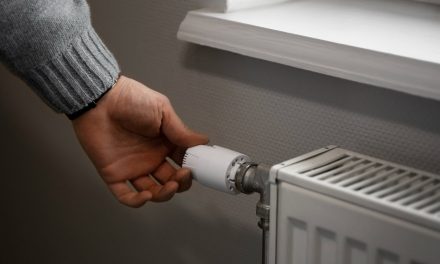
Common boiler problems and how to troubleshoot them
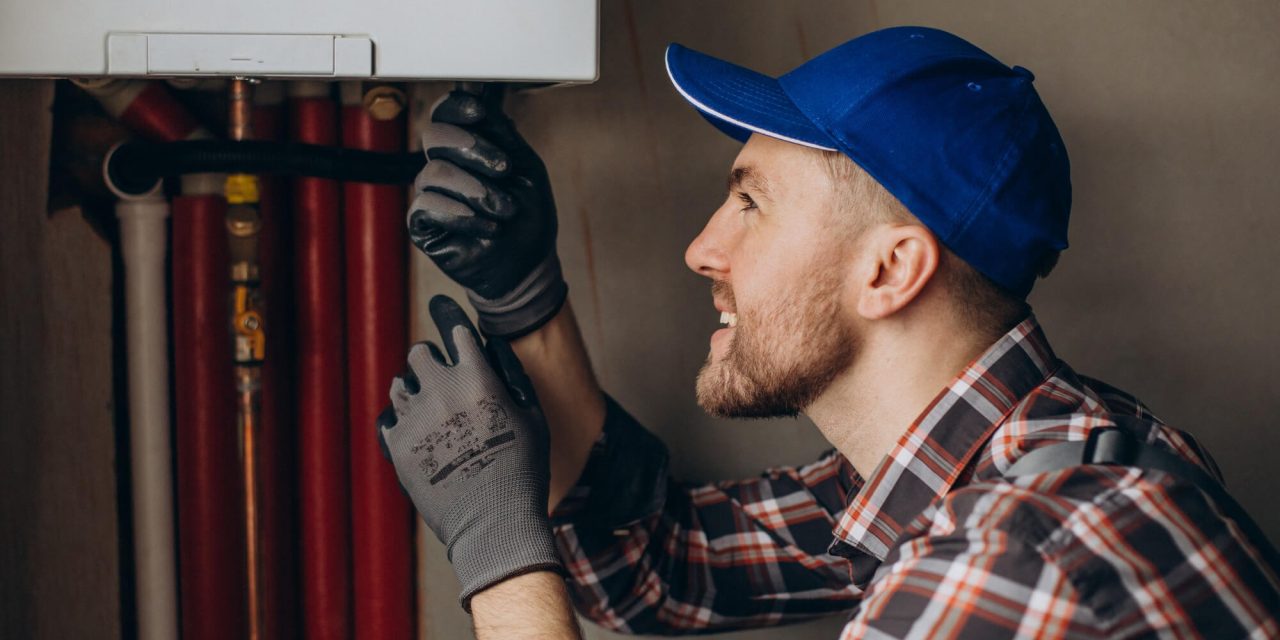
Please note that we recommend hiring a gas safe registered plumber who specialises in boiler repairs and servicing.
DO NOT ATTEMPT TO REPAIR OR SERVICE YOUR BOILER YOURSELF.
Boilers play a crucial role in keeping our homes warm and comfortable, especially during the colder months. However, like any other appliance, boilers can encounter problems from time to time. Understanding common boiler problems and knowing how to troubleshoot them can save you from chilly nights and costly repair bills. In this article, we will explore some of the most common boiler issues and provide troubleshooting tips to help you get your heating system back on track.
No Heat or Hot Water:
One of the most frustrating boiler problems is when it fails to produce heat or hot water. This issue can stem from various causes, including a faulty thermostat, low water pressure, or a malfunctioning motorized valve. Start troubleshooting by checking the thermostat settings, ensuring they are correct and set to a temperature that should trigger the boiler. If the thermostat appears to be working fine, examine the water pressure gauge and refill the system if necessary. If neither of these steps resolves the problem, it is advisable to seek professional assistance.
Leaking or Dripping Boiler:
Water leakage from a boiler is a serious concern that requires immediate attention. Leaks can be caused by a range of issues, such as a damaged pressure valve, corrosion, or a faulty seal. Begin by identifying the source of the leak. If it’s a minor issue like a loose connection, you may be able to tighten or reseal it yourself. However, if the leakage persists or appears severe, it is essential to contact a qualified heating engineer to assess and repair the problem.
Strange Noises:
Unusual noises coming from your boiler can indicate underlying problems. Common sounds include banging, gurgling, or whistling. These noises often result from trapped air in the system, a buildup of limescale, or low water pressure. To troubleshoot this issue, bleed your radiators to release trapped air, ensuring the system is properly balanced. If the noises persist, it may be necessary to descale the boiler or adjust the water pressure. If you’re unsure how to perform these tasks, it’s best to consult a professional.
Pilot Light Problems:
If your boiler has a pilot light, issues with ignition can lead to a complete loss of heat. Pilot light problems could be caused by a faulty thermocouple, a blocked or dirty pilot orifice, or a gas supply issue. Begin by checking if the pilot light is lit. If not, follow the manufacturer’s instructions to relight it. If the pilot light keeps going out or fails to stay lit, it is advisable to call a registered gas engineer to inspect and fix the problem.
Frozen Condensate Pipe:
In colder climates, boilers with condensing systems may experience frozen condensate pipes, causing the boiler to shut down. To troubleshoot this issue, thaw the frozen pipe using warm water or a hot water bottle. You can also insulate the pipe to prevent future freezing. However, if the problem persists, contact a heating engineer to assess the pipe and ensure proper insulation.
Conclusion:
When faced with boiler problems, it’s essential to troubleshoot the issues promptly to prevent further damage and restore your heating system. While some minor problems can be resolved with DIY solutions, it’s crucial to know your limits and seek professional help when necessary. Regular maintenance and annual servicing can also help identify and prevent potential issues, ensuring your boiler operates efficiently throughout the year. By understanding common boiler problems and their troubleshooting steps, you can minimise inconvenience and keep your home warm and cozy.
